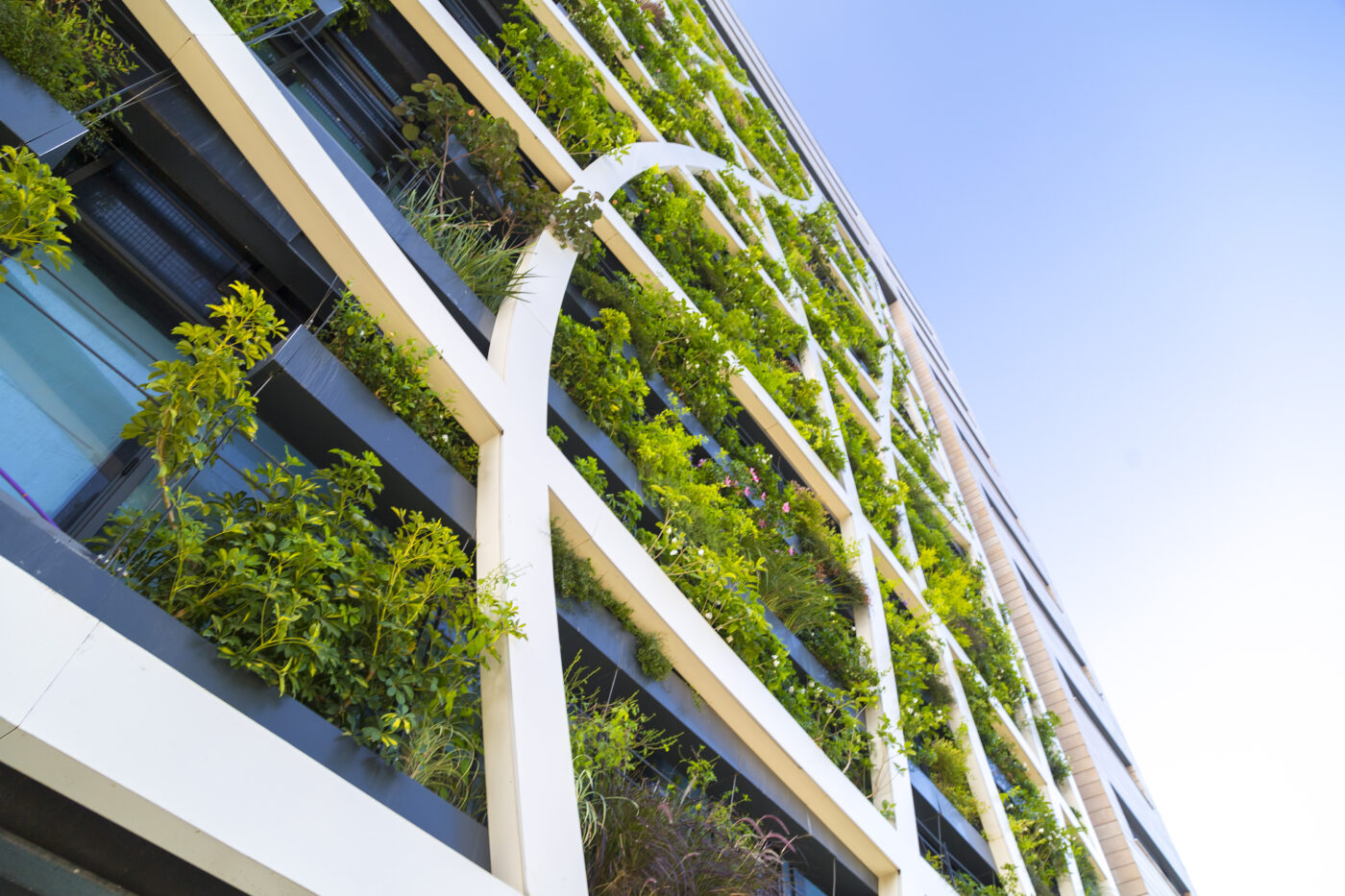The Constructing Excellence Climate Action group recently hosted a session on the costs and benefits of sustainability. Tim Wheeldon of Zeal Hotels shared how the UK’s first net zero hotel was delivered, highlighting the strategies and benefits of high sustainability. Mark Rogers of Turner & Townsend showcased their Carbon Calculator, a tool for assessing the embodied carbon and cost of different materials to support informed, low-carbon decisions.
The session demonstrated how innovation, data, and thoughtful design can achieve sustainable outcomes while adding commercial and operational value.
Zeal Hotels
Hearing from Tim Wheeldon, Zeal Hotels, the group learned how the team delivered a highly sustainable hotel using innovative design and tools and how the team tackled both embodied and operational carbon, overcoming challenges around supply chains, regulations, and design.
We learned how they balanced cost, performance, and carbon reduction, proving that sustainability can add long-term value as well as cut emissions. The discussion offered valuable lessons for future projects and underlined the importance of collaboration in driving climate action across the built environment.
Key Sustainability Features of the Zeal Hotel
- Low-carbon construction: 60% of concrete from GGBS waste material; 50% lower embodied carbon than standard hotels.
- Energy efficiency: 100% electric, no air conditioning, fresh-air adiabatic system; uses 50% less electricity than a typical hotel.
- Renewable power: 2,000 m² of solar panels generating ~300,000 kWh annually, with grid feedback.
- Sustainable materials: Locally sourced furniture and fittings, reclaimed plastics and timber, plant-based cork flooring, 40% recycled glass.
- Biodiversity: Site biodiversity increased by 224%.
- Commercial benefits: 5–7% higher build cost offset by £150–200k annual savings and higher asset value.
Turner & Townsend’s Carbon Calculator
The Turner & Townsend Carbon Calculator brings cost and carbon assessment together in a single, consistent framework. Developed in line with the RICS methodology, the tool identifies the top carbon drivers within a project, benchmarks performance against standards such as the LETI scale, and produces automated reports to give project teams clear, reliable data. It can also be used at the earliest design stages to model different scenarios—such as structural systems or building layouts—helping teams compare options and focus on the most efficient, low-carbon solutions from the outset.
Key benefits of the Carbon Calculator include:
- Clarity: Identifies where design changes will have the greatest carbon impact.
- Consistency: Ensures outputs are comparable across projects by following RICS methodology.
- Efficiency: Automated reporting saves time while maintaining rigour.
- Early decision-making: Enables scenario testing to find cost- and carbon-efficient solutions at concept stage.
- Benchmarking: Compares performance against industry norms and recognised standards.
- Confidence: Provides transparent, evidence-based results that give assurance to clients and project teams.
Get Involved
This session was held as part of the Constructing Excellence Climate Action group. To find out more about this group and their activities, visit the Climate Action page. Alternatively, find out about our other groups here or explore our upcoming events on the events page.



